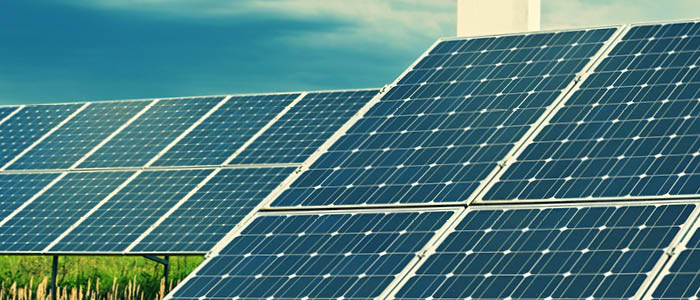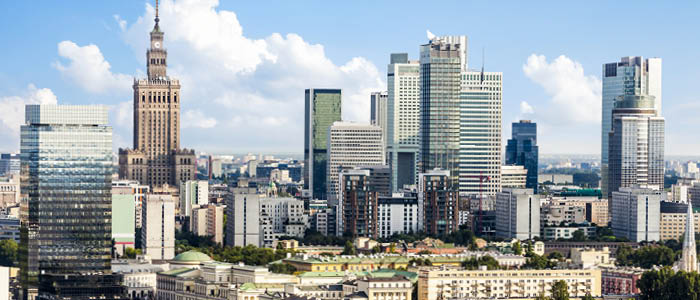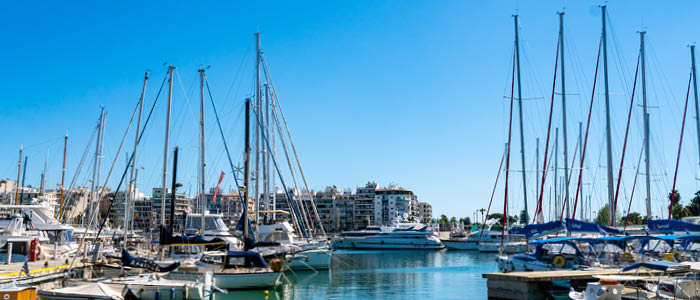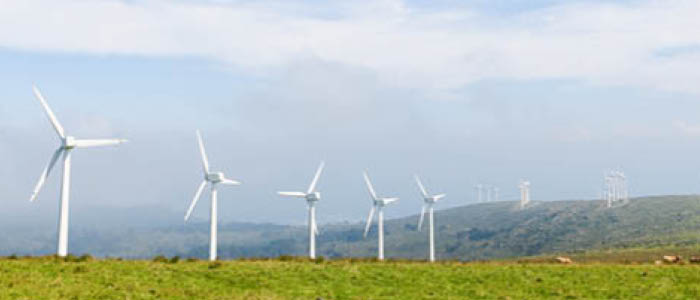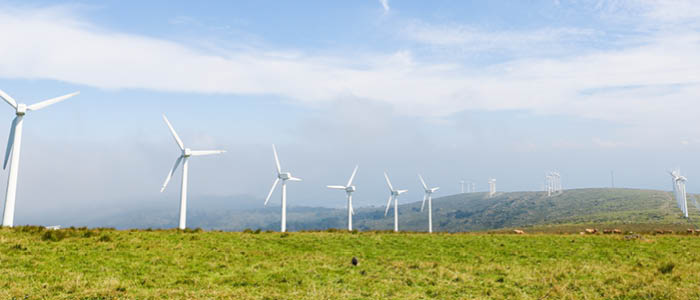The amendments to the Serbian Energy Law, enacted in late April 2021, prescribed the obligation for transmission system operators in the electricity and natural gas sector to implement the EU electricity and natural gas network codes.
The Energy Mix in Hungary – An Overview
Hungary has adopted the integrated energy policy guidelines of the EU, which aim to decrease greenhouse gas emissions by at least 40% compared to the ‘90s level, increase the proportion of renewable energy in energy consumption to 32%, increase energy efficiency by 32.5%, and further the increased interconnection of the EU electric energy system. In that context, renewable energy is currently a hot topic.
New Developments in Renewable Energy Legislation in Slovakia – Focus on Photovoltaics, Wind, and Hydrogen
The year 2021 has seen several major developments in the field of green energy in Slovakia.
Construction of New Small Hydroelectric Power Plants Under Question in Bosnia & Herzegovina
On June 23, 2021, the lower chamber of the Parliament of the Federation of Bosnia & Herzegovina, the House of Representatives, passed a decision instructing the Government to “analyze the existing legal framework in relation to the construction of small hydroelectric power plants and to initiate the parliamentary procedure of amending the existing laws in order to protect the rivers and the environment.” Such a broad and generic decision comes after months of campaigning by several NGOs, supported by local and Hollywood celebrities, aimed against the construction of SHPPs on Bosnian rivers, citing environmental concerns.
Reforming Energy in Croatia – Electrifying Times Ahead
These are dynamic times for the Croatian energy sector, as the legislative framework is expected to undergo major changes very soon.
Albania: The Fiscal Regime of Oil & Gas Industry Sub-Contractors is Taking Shape
The fiscal regime of companies and contractors operating onshore in the exploration & production segment of the oil and gas industry in Albania was fundamentally changed by Law no. 153/2020 On the Fiscal Regime in the Hydrocarbon Sector (the Hydrocarbon Fiscal Law or HFL), that came into effect on February 2, 2021.
Natural Gas Sector in Kosovo – Challenges Ahead
In 2016, Kosovo adopted Law No. 05/L-082 on Natural Gas (the Natural Gas Law). The purpose of the law was to lay down a legal basis for the establishment of a legal framework that will govern the transmission, distribution, supply, usage, and storage of natural gas. The Natural Gas Law is deemed to be aligned with EU law, including Directive No. 2009/73/EC on common rules of the internal European natural gas market and Regulation No. 715/2009/EC on conditions of access to natural gas transmission networks.























